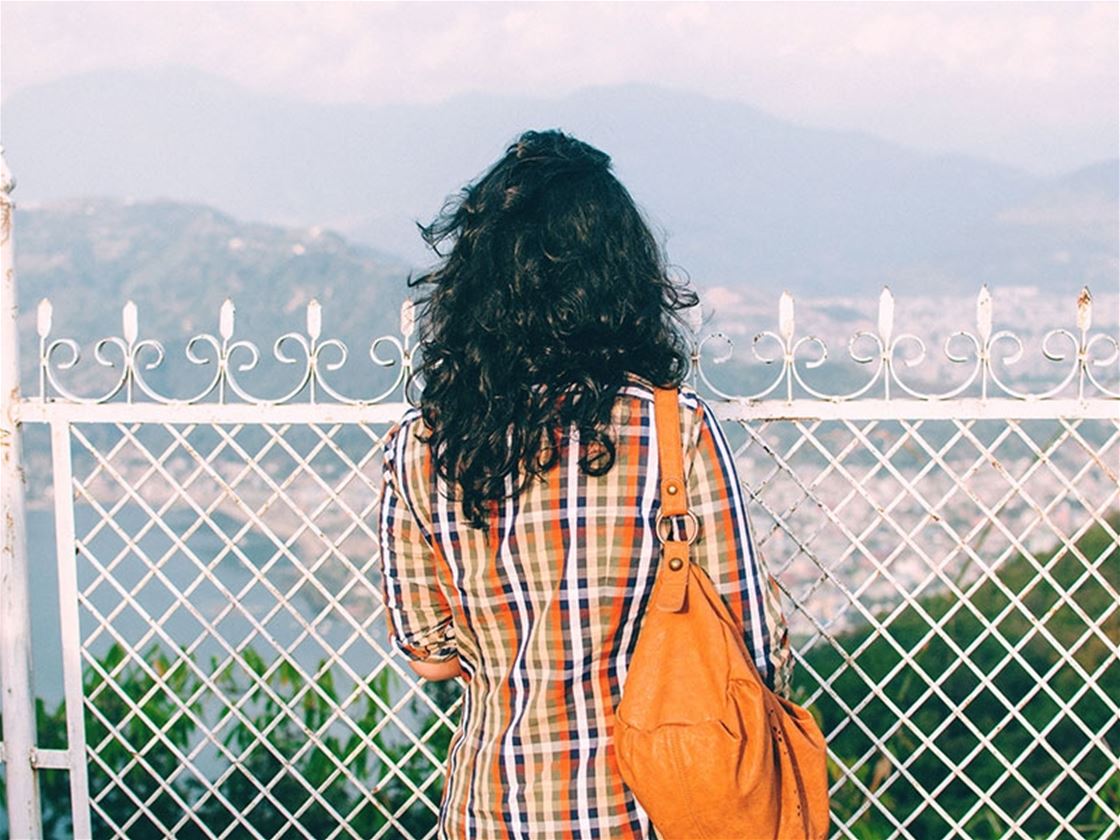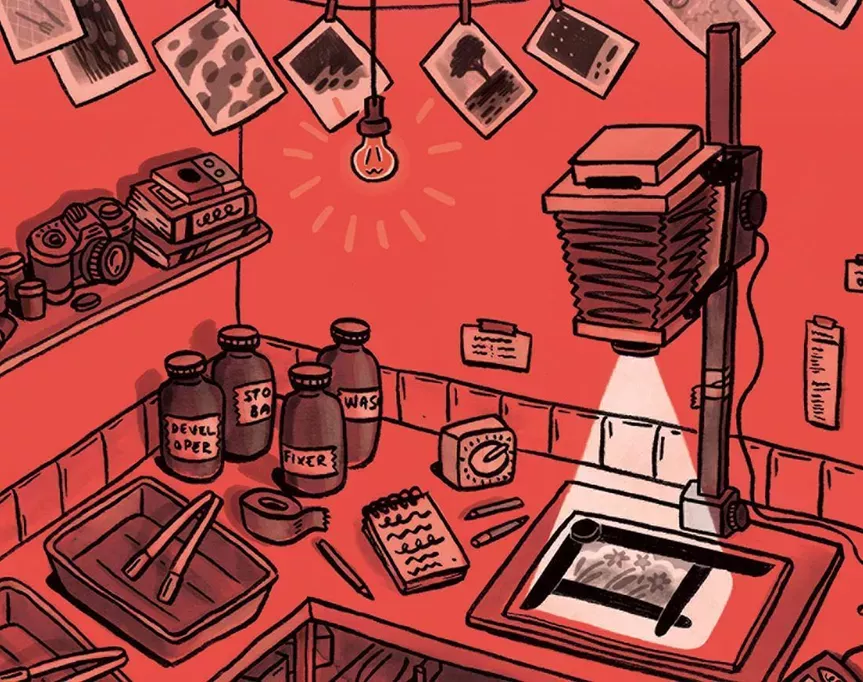speaking up about abortion
“Telling your parents is different for everyone. Tell your family if it's safe to do so, and if you feel like they can rise to that challenge.”
In 2016, Nisha was studying a short course in India when she realised she was pregnant. Seeking out medical advice in a foreign country was a difficult task, but then there was the added challenge of telling her parents.

At the end of 2015, my partner from the States came to visit Australia, and shortly after, I went off to India to a health facility in rural Maharashtra – a place where university students from around the world can go and learn. I was 29 and doing my Master of Public Health.
A few days into the course, I did a pregnancy test, as my period was late. It turned out I was pregnant. My partner and I both figured it was bad timing – we weren't earning much money and he didn't even have a proper visa to work in Australia. But I'm also pretty pragmatic, so I gave myself time to think about the different options: what it would be like to keep the pregnancy or not. It was something I debated a lot in my mind, and talked about with my partner.
Once I’d made my decision, I didn't want to be carrying the pregnancy anymore, so I decided to get my termination done in India. Luckily, I was around a bunch of public health students, sharing a dorm with a nurse, and someone else who worked for family planning organisation Marie Stopes. I was really well supported by my peers. The challenging part came when I talked to the leader of the health facility where I was studying. She was a doctor, and told me abortion was illegal in India, but that she knew someone who could help.
I was surprised by how comfortable I was with the idea of seeking out an illegal termination. I was willing to put my life in potentially unsafe hands – that was how sure I was of my decision. The doctor led me down a path of options – it was very convoluted and confusing with much toing and froing, and I got quite fed up. We didn't have much internet out there, but when I managed to get it, I ended up googling ‘abortion in India’. As it turned out, abortion wasn’t illegal. It was very legal. The head of the health facility had been lying to me the whole time. Within 10 minutes, I had three appointments lined up in Mumbai.
It felt really awful facing that kind of reproductive coercion – it hit home how violent and controlling that is. I'm someone who, on a global scale, is very wealthy, well-supported and privileged. I had the wherewithal and resources to access the termination, while people in that community who depended on that person for health care wouldn’t have. That just broke my heart.
I had a surgical termination – a day procedure under a twilight anaesthetic that took no more than 15 minutes. From the consult, to the procedure and then the aftercare, it was only a couple of hours. The doctor was professional, the private facility was clean, and I felt respected and taken care of by the staff. I did feel some sadness and guilt, but I was glad my partner was there and we were choosing this path together. I felt like I’d made the right choice and was hopeful for the future.
I told my parents and mother-in-law about my termination two years later, when I did the ‘Voice Your Choice’ campaign for Marie Stopes. I knew if I was going to put my face on it, I needed to tell them. I grew up with the rhetoric that women aren't supposed to get pregnant before marriage – we're not even supposed to have sex before marriage. And I don't know what my parents would have counselled me to do if I’d spoken to them before the termination – they may have cut me off and disowned me.
There were literally crickets when I told them, and those 20 seconds of silence felt like the longest time. Mum was pretty upset, but I think because my mother-in-law’s first response was, “I'm so proud of you,” it set a tone for how my family responded. Ultimately, they're happy with where I am in life now. They realise the choices I made were for my long-term benefit.
Telling your parents is different for everyone. It’s so contextual and you need to do what feels safe for you. If you’re in a situation that could lead to a breakdown, maybe it's best not to share. At the same time, it’s no fun keeping a secret, either. It’s a vicious cycle: you don’t want to hurt them, but by not telling them, you’re creating barriers in your relationship. It depends how conservative your family is, of course, but give them some credit – they do love you. Things may be shit for a while, but hopefully they’ll come around in time. I had to trust that my family would keep turning up for me. And they did.
After my termination and talking to friends, I realised how much stigma there is around abortion. Strangely, it was quite an affirming process for me – I felt in control of my body. Research shows that women can feel a sense of relief, control, and strengthening of relationships. So, it's bullshit that society links abortion to a traumatising experience. To me, traumatising is being forced or coerced to do something you're not ready to do, or having to care for another being when you can barely care for yourself. We need to change the narrative. Being able to talk about our stories and our experiences within our communities and in the public discourse can really help women who are struggling to make the right choice for them.















.jpg&q=80&w=316&c=1&s=1)













.jpg&q=80&w=316&c=1&s=1)










